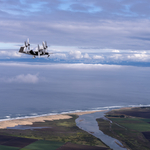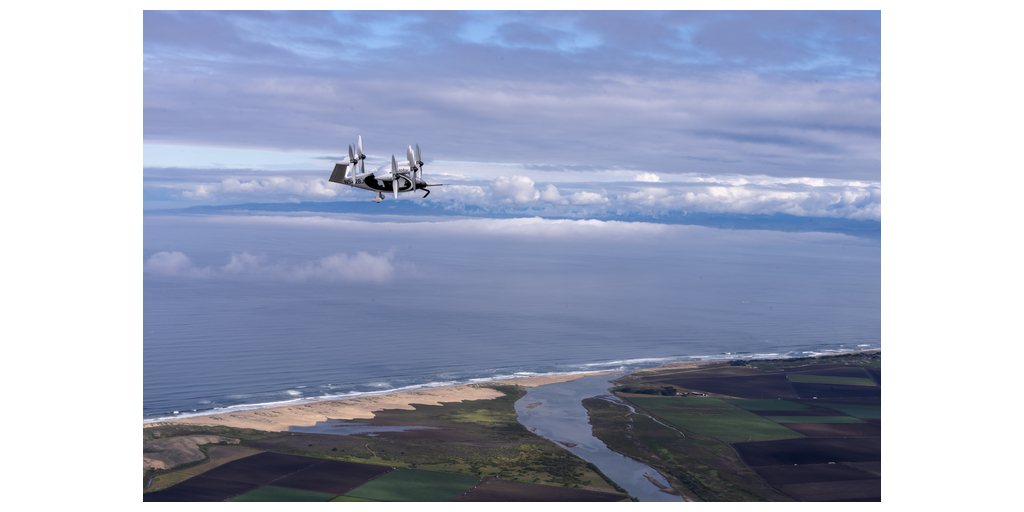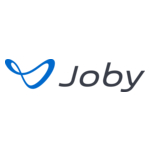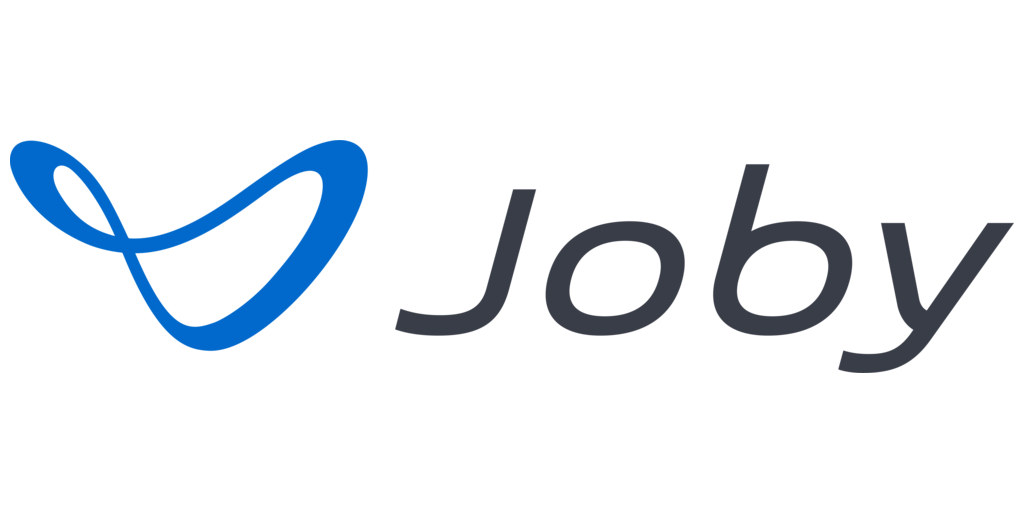- Nomura Real Estate Development is one of Japan’s largest real estate developers
- Three-way partnership includes Joby’s existing Japanese airline partner, ANA
- Companies to jointly explore the design, location and financing of vertiports across Japan
SANTA CRUZ, Calif.–(BUSINESS WIRE)–Joby Aviation, Inc. (NYSE:JOBY), a company developing an all-electric vertical take-off and landing (eVTOL) aircraft for commercial passenger service, today announced it has partnered with ANA Holdings Inc. (“ANA HD”) and Nomura Real Estate Development Co. Ltd. (“NRE”), one of Japan’s largest real estate developers, on the development of take-off and landing infrastructure, known as vertiports, to support the commercialization of its electric air taxi service across Japan.
The three companies plan to jointly explore the design, location, operation, and financing of vertiport locations that will serve as the backbone of future commercial air taxi services in Japan.
The partners will primarily focus on locations in the metropolitan areas such as Tokyo, expanding over time to include numerous urban areas across greater Japan. Joby recently became a technical advisor to the Tokyo Bay eSG Project, led by NRE and sponsored by the Tokyo Metropolitan Government, which will demonstrate various multi-modal mobility solutions including a floating landing port in the Tokyo Bay. The partners will also work with a wide range of local stakeholders to introduce the benefits of the technology and support community acceptance of air taxi services.
Joby and ANA HD, Japan’s largest airline group holding company, first partnered in 2022 to bring electric air taxi services to Japan. NRE, one of the largest real estate developers in Japan, joins Joby and ANA HD as they seek to develop air taxi services in Japan. Both Joby and ANA HD are members of Japan’s Public-Private Conference for the Future Air Mobility Revolution, established by the Ministry of Economy, Trade and Industry to accelerate the adoption of aerial ridesharing in the country.
Also in 2022, Joby announced it had applied for validation of its Federal Aviation Administration (“FAA”) type certification, once received, with the Japan Civil Aviation Bureau (JCAB). Joby continues to work closely with regulatory officials from JCAB, including through ongoing familiarization activities, to prepare for commercial operations in the country.
Joby’s air taxi can carry a pilot and four passengers at speeds of up to 200 mph, offering high-speed mobility with a fraction of the noise produced by helicopters and no in-flight emissions.
About Joby
Joby Aviation, Inc. (NYSE:JOBY) is a California-based transportation company developing an all-electric, vertical take-off and landing air taxi which it intends to operate as part of a fast, quiet, and convenient service in cities around the world. To learn more, visit www.jobyaviation.com.
Forward Looking Statements
This press release contains “forward-looking statements” within the meaning of the “safe harbor” provisions of the Private Securities Litigation Reform Act of 1995, including but not limited to, statements regarding the development and performance of our aircraft, our regulatory outlook, progress and timing, including our certification efforts in Japan; our business plan, objectives, goals and market opportunity; and plans for, and potential benefits of, our strategic partnerships. You can identify forward-looking statements by the fact that they do not relate strictly to historical or current facts. These statements may include words such as “anticipate”, “estimate”, “expect”, “project”, “plan”, “intend”, “believe”, “may”, “will”, “should”, “can have”, “likely” and other words and terms of similar meaning in connection with any discussion of the timing or nature of future operating or financial performance or other events. All forward looking statements are subject to risks and uncertainties that may cause actual results to differ materially, including: our ability to launch our aerial ridesharing service and the growth of the urban air mobility market generally; our ability to produce aircraft that meet our performance expectations in the volumes and on the timelines that we project, and our ability to launch our service; complexities related to obtaining certification and operating in foreign markets; the competitive environment in which we operate; our future capital needs; our ability to adequately protect and enforce our intellectual property rights; our ability to effectively respond to evolving regulations and standards relating to our aircraft; our reliance on third-party suppliers and service partners; uncertainties related to our estimates of the size of the market for our service and future revenue opportunities; and other important factors discussed in the section titled “Risk Factors” in our Annual Report on Form 10-K, filed with the Securities and Exchange Commission (the “SEC”) on March 1, 2023, and in future filings and other reports we file with or furnish to the SEC. Any such forward-looking statements represent management’s estimates and beliefs as of the date of this presentation. While we may elect to update such forward-looking statements at some point in the future, we disclaim any obligation to do so, even if subsequent events cause our views to change.
Contacts
Investors:
[email protected]
Media:
[email protected]










